Scroll through Donald Trump’s Twitter page and you will find the personification of the hostile media effect. In 140 characters or less, The Donald can tell you everything you need to know about the injustices he has suffered at the hands of various media personalities.
The Republican presidential nominee and his spokespeople often accuse various media outlets of being in the pocket of his opponents and unfairly disseminating news against him. It’s also evident from his interactions with Fox News analyst Megyn Kelly and Speaker of the House Paul Ryan that Trump has a proclivity toward victimizing himself, even within his own party.
The most recent example of Trump self-victimization occurred at the second presidential debate, when Trump claimed it was “one-on-three,” accusing the moderators of treating him unfairly.
While many of Trump’s claims are unfounded, some are actually valid.
Politico, CNN and the New York Times have published blatantly tooled stories aiming to accentuate flaws in Trump’s campaign. The Times even published an article admitting media bias. Politco’s homepage boasts the phrase, “Trump in Crisis,” and CNN went so far as to ask, “Would Trump be a dictator?”
The Student Daily News analyzed data from more than 20,000 articles published across eight different outlets. A computer algorithm determined each article’s level of bias, and found that six of the eight outlets favored Clinton in their reporting. The two more favorable to Trump were Fox News and The Weekly Standard.
Aside from the data, various news companies have openly endorsed Hillary Clinton. As an aspiring journalist, this leaves a bad taste in my mouth.
By endorsing a political candidate, news organizations de-legitimize themselves as trustworthy sources. Additionally, it feels manipulative that outlets would knowingly use powerfully connotative language meant to persuade rather than inform, while still claiming to be unbiased.
Some argue that it’s acceptable for media to be skewed in this way for two reasons. First, Trump says a disproportionate amount of offensive and newsworthy things garnering more attention, and second, if media isn’t claiming to be unbiased in the first place, then they aren’t actually being manipulative.
In an LA Times Op-Ed, Justin Raimondo, an avid defender of conservatism, agrees that journalists are distancing themselves from objectivity, writing, “… journalists seem to have cast themselves as defenders of the republic against what they see as a major threat, and in playing this role they’ve lost the ability to assess events rationally.”
Is the threat of a Trump presidency reason enough to abandon journalistic norms? Maybe it’s valiant that journalists are tossing old ethics and objectivity aside for a noble cause. Perhaps the changes of the media landscape are allowing social commentary and news reporting to mix.
If this is the new norm though, and distinctions between opinion and fact are no longer necessary, then we should begin asking ourselves how we can corroborate a new model for news reporting that maintains audience trust.




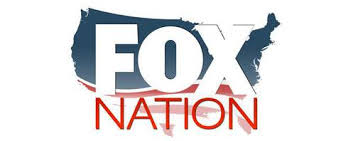





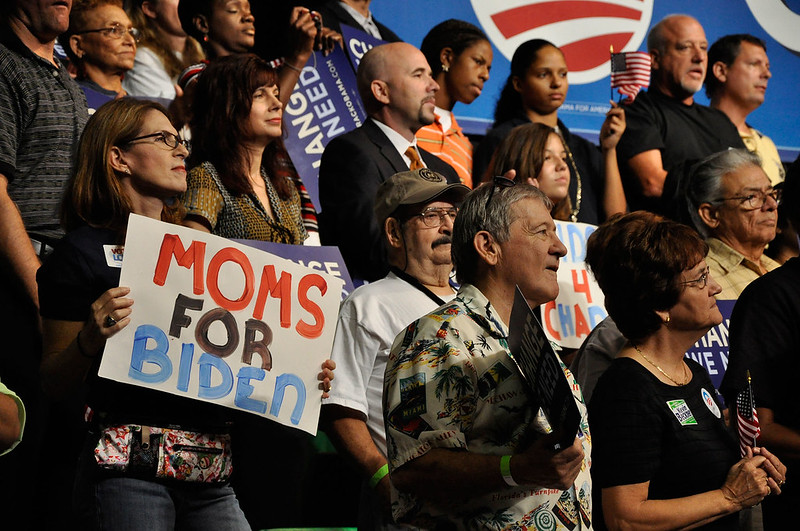
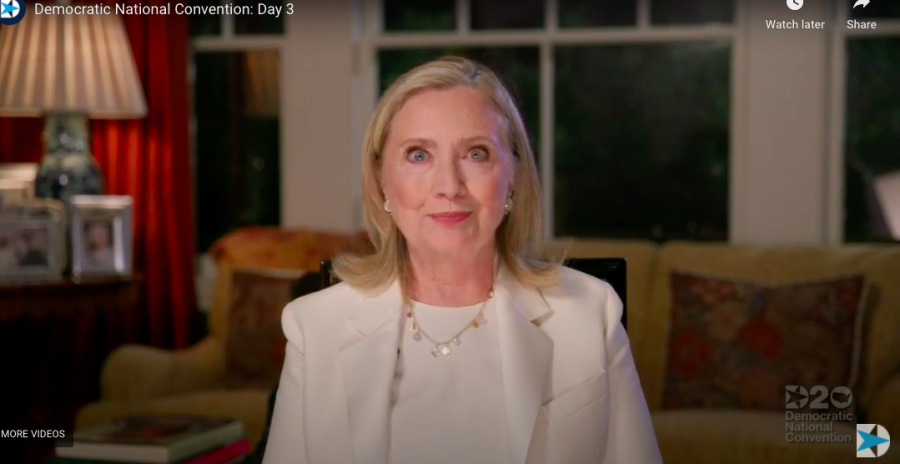
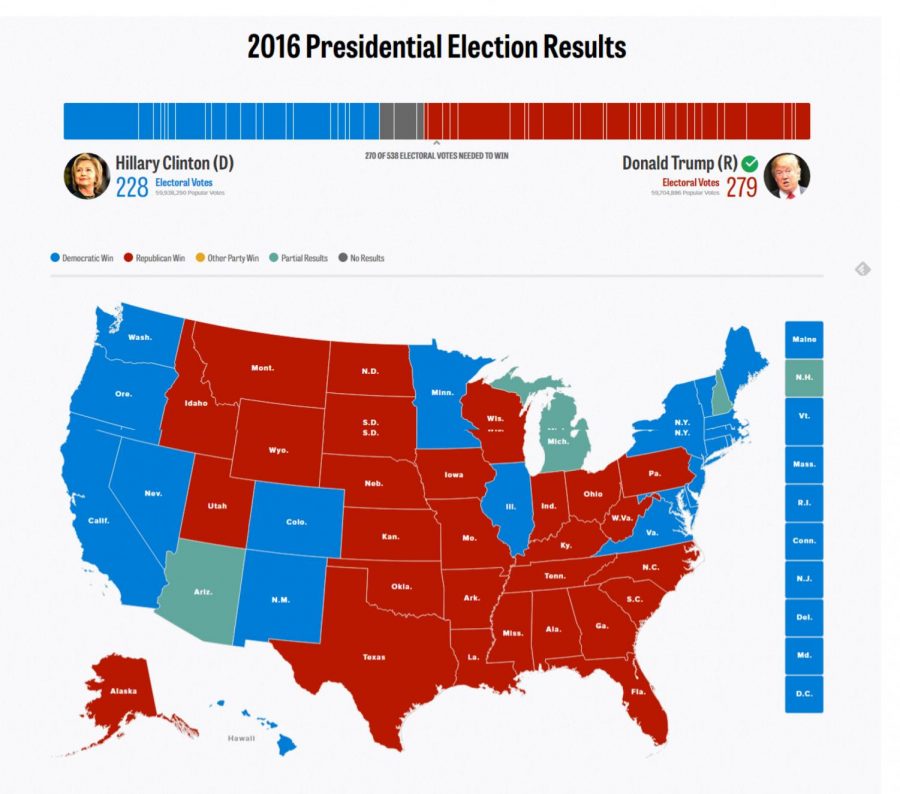
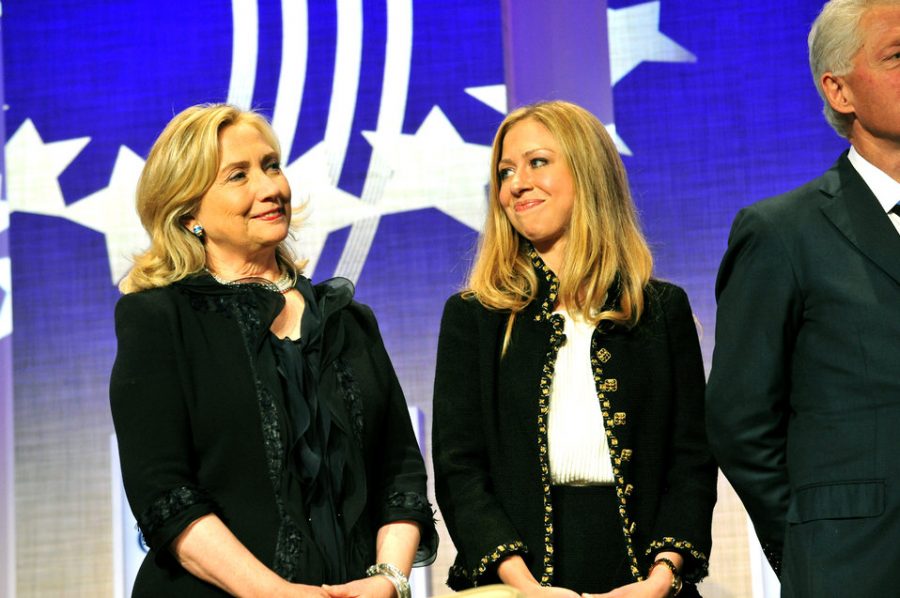
Steven Bollinger (The Wrong Monkey) • Oct 19, 2016 at 8:30 am
There is no such thing as objective journalism. It’s an insanity which prevents journalists from telling their readers what they know. “Well, Trump blew up the world and we’re all dead now, but we stayed true to our principle of journalistic objectivity! We win!”